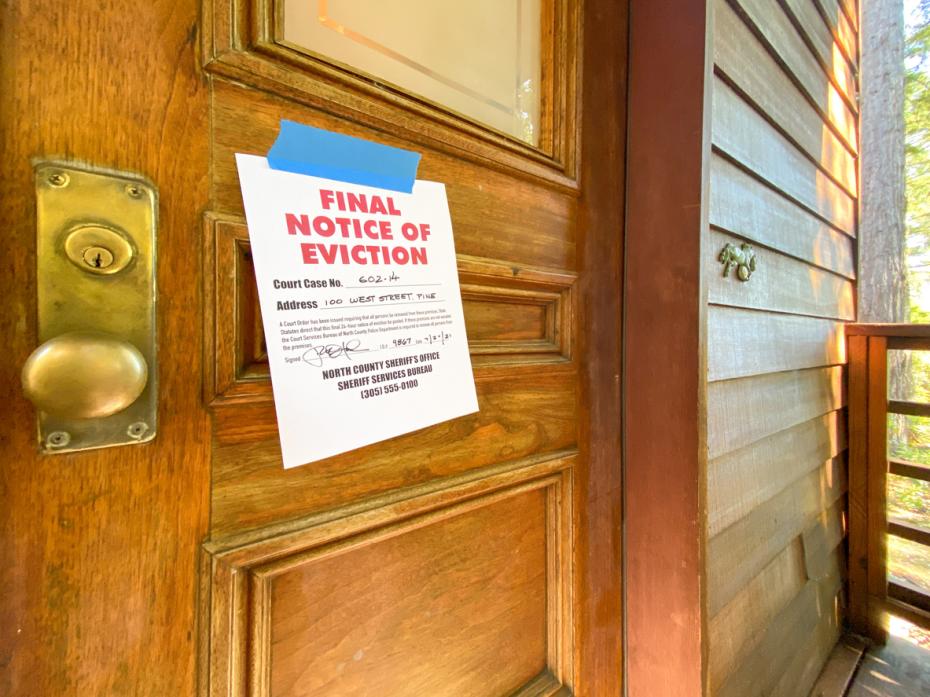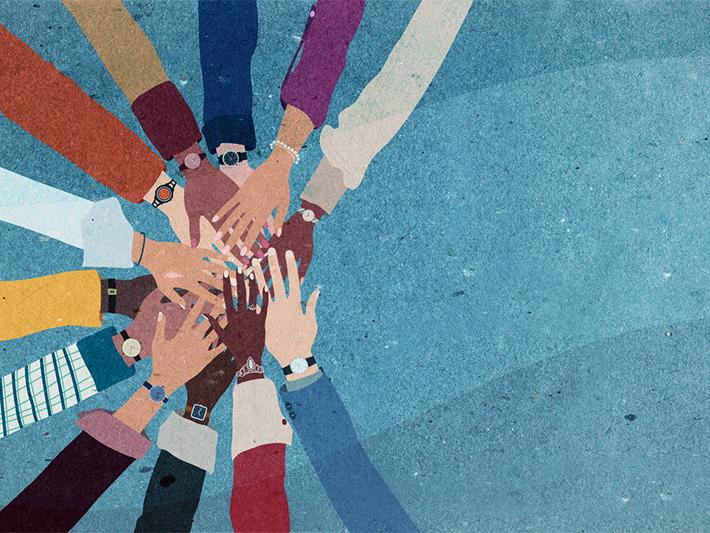
How to build a bridge from adversity to university
You may also like
Key Details
This video covers:
01:02 Initial findings of Adversity to University
02:00 Personal experiences of returning to education
03:15 Success through the bridging course
Transcript
I’ve seen people believe in themselves. I just left school and education cuz I didn’t believe that I was capable of it. So, this was my opportunity to do so.
We are here to help them try and change their futures.
I can see it’s amazing.
I mean the sky’s the limit.
Adversity to University is a programme that began about seven years ago when our university was approached by a local homelessness charity, Stone Pillow, and asked if we would deliver resilience training to some of their residents.
So, central to Adversity to University is initial outreach followed by a 12-week co-produced bridging course with ongoing support from members of staff and student mentors and advisers.
Our initial findings were really interesting. So, people were very positive about taking part in the bridging course for Adversity to University. We found that people talked about how they felt their confidence had increased. So, that’s in addition to things like, you know, academic skills but also hope as well and given a real sort of purpose to life, too.
I think that the range of different modules and also the fact that they’re really interdisciplinary are particularly useful because they’re able to connect the theories that we use to their lived experience. If we’re talking about personal identity or social identity and learning theories to do with that, they’re able to connect that to, you know, where they’ve come from, where they are now and, more importantly actually, where they want to go in the future.
University is sometimes seen as unachievable. You know, particularly if you’ve not had the best opportunity in education previously.
I had a difficult history, should we say, in school. Never really got on with it. Didn’t get my GCSEs. I didn’t get any A levels.
Lack of belief in myself. I didn’t really achieve much. Everything I touched turned to nothing. I failed the majority of things.
Adversity to University is focusing on those who wouldn’t usually probably have even considered coming to university.
Someone told me of the course, which then gave me the inspiration to go to university.
The bridging course by the University of Chichester opened an untraditional way to the university.
One of the things that I think has been a strong point is that we can build the assignments around people’s lived experience.
People were quite amazed that they could be included, which was wonderful because I know that was the aim of the university, to do an inclusive course, and we’re always keen for our clients to be part of the local community and to feel welcome. And I know that that happened here.
And it helped me how to use the educational environment in the UK as well as in employabilities.
Students get support from all the different academics and practitioners that come in and contribute towards the bridging course.
So, I completed bridging module in June 2025. I then enrolled and started politics, philosophy and ethics in October 2025.
What standing there with your certificate at the certificate ceremony does is it makes you start believing in yourself.
Adversity to University has really made me realise how many barriers there are for people who don’t come from that traditional background. Education should not be one-size-fits-all, and that’s how it’s delivered in schools.
I think it needs to be in the university. It’s an educational setting. Once people have come for the first time on campus, they begin to feel that they belong. They begin to see it’s just a normal place. It’s not as scary as maybe they thought. So, I think it’s really important that it’s embedded in the university context.
It’s something that I am very glad I have done.
It’s not just a benefit to the individual, it’s a benefit to families and friends.
We are a small university, and in the last seven years, we’ve had probably nearly 300 people come through the bridging course, and there are now 60 or more students at this university. If 10 universities were doing it, that would be 600 students. Not only that but that ripple effect – you’ve changed the future for those students, you have then also changed the future for the next generation. The impact of that could be huge, especially if other universities did it.
It’s just been great to be given the opportunity to actually come and learn and try and progress more in life myself now that I’m sober and I’m trying to get on the right path.
No one showed me the rule book. No one told me that this was possible.
We have an underpinning ethos which is that while ability is universally distributed, opportunity is not. And if universities are not the solution, then they’re part of the problem.
Projects like this are important because they make what should be a right to education and a right to advancement.
Christopher Smethurst and Becky Edwards are co-ordinators of the Adversity to University programme (A2U) and senior lecturers, and Sandra Lyndon is a reader in childhood and social policy; all are members of the A2U team at the University of Chichester. The video was edited by Kieren Howe.
Adversity to University has been shortlisted in the Outstanding Contribution to the Local Community category in the . A full list of all finalists can be found . The winners will be announced at a ceremony on 13 November 2025.
If you would like advice and insight from academics and university staff delivered direct to your inbox each week, .


